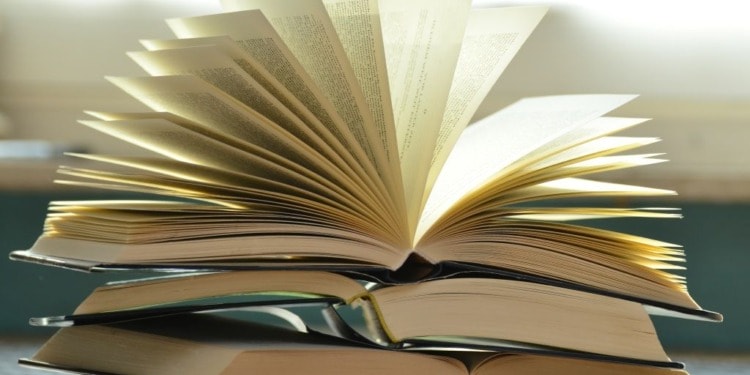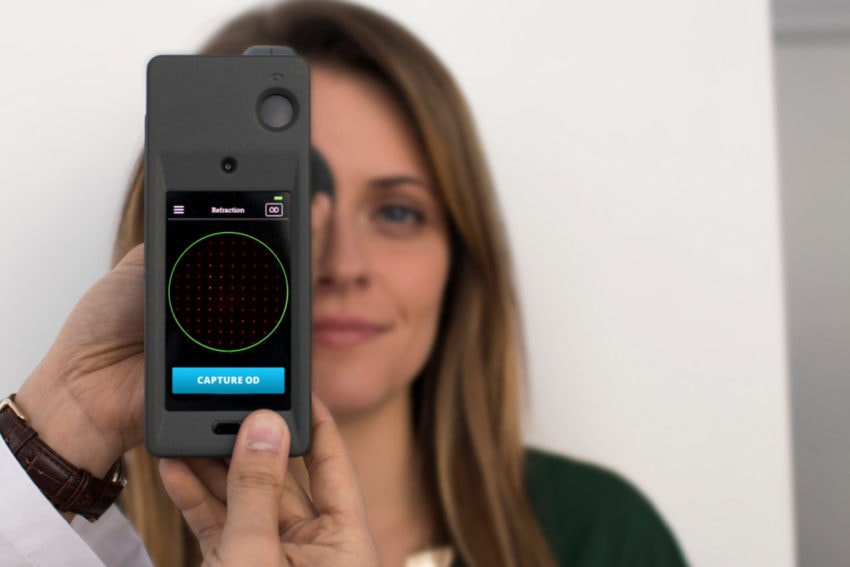Seeing Sustainably
RE:SIN, a Polish eyewear brand, creates stylish reading glasses that are not harmful to the planet. Adorned with unique Baltic Amber stones, its glasses are made from Italian eco-friendly acetate and can be assembled for you with prescription lenses upon request.
Every pair of RE:SIN glasses comes with a microfiber cloth for cleaning and a blue or white eyewear case. The cases are made from Piñatex, a vegan material resulting as a byproduct of pineapple harvesting and made of pineapple leaf fibers that do not require anything else to produce; simply they are organic and durable.
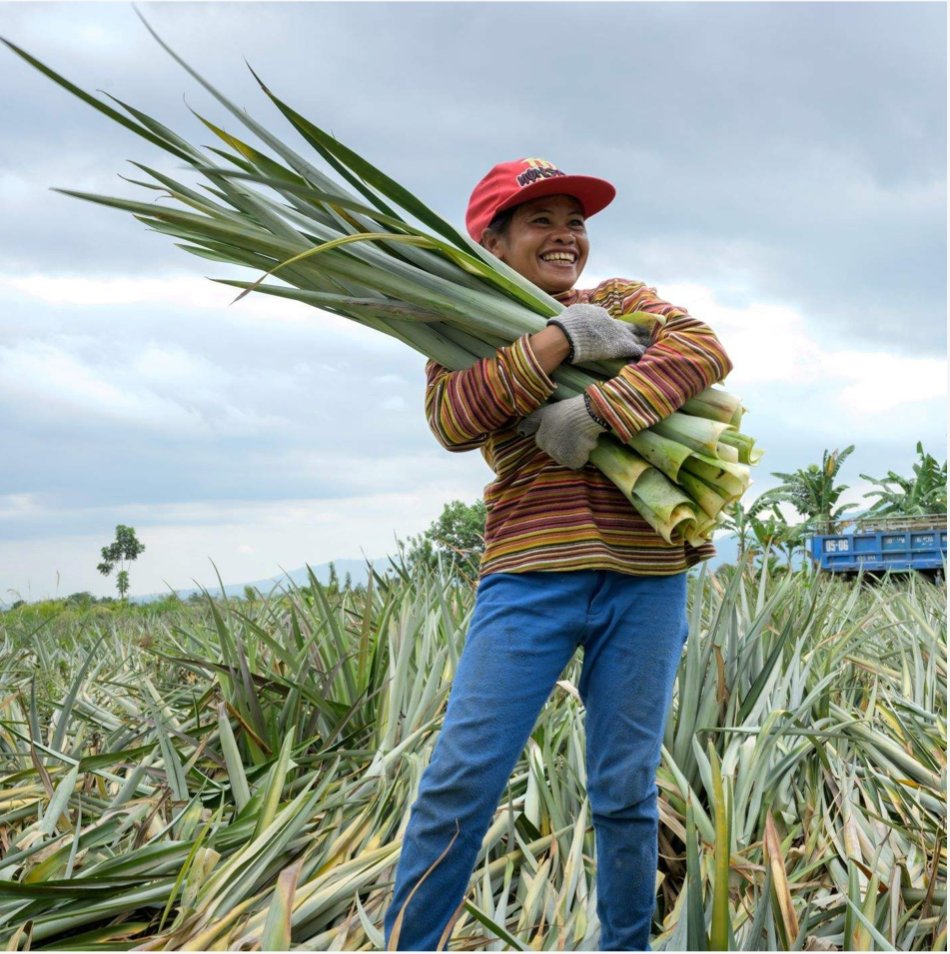
There are currently eight eyeglass styles and 14 sunglass styles available on the Impakter marketplace, so whether you’re reading that captivating book by the pool or in your bed, RE:SIN will have the perfect pair for you.
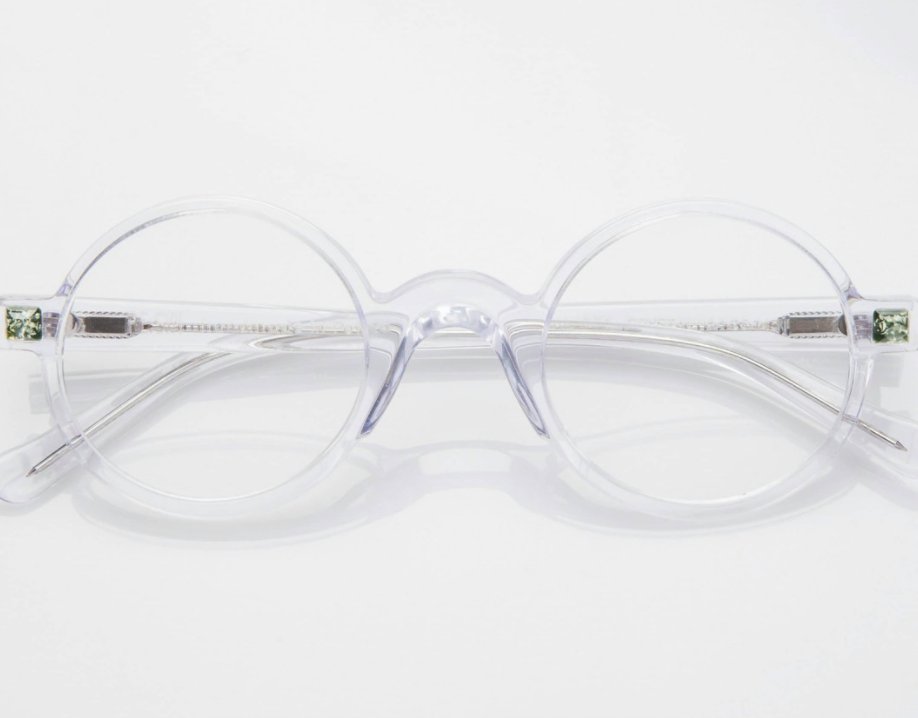
A Story’s Second Life
Books and other types of publications, provided they are properly cared for by their readers, can be donated and enjoyed again by others. Your sturdy, hard-cover books could potentially reach hundreds of readers, but too often, we send them to landfills instead.
Consequently, the American National Wildlife Federation estimates that 640,000 tons of books are thrown out in the US annually. This equates to almost 320 million books per year, enough to fill the largest public library in the US, The Library of Congress, over eight times.
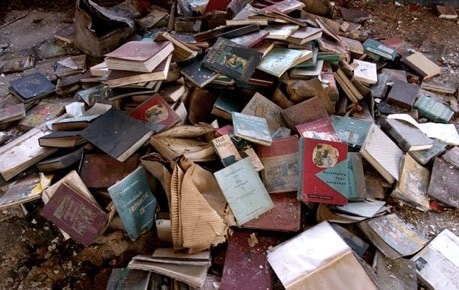
Books in lightly used condition deserve to be donated and get the chance to entertain many more readers. Damaged books that are falling apart or have pages ripped out can also obtain a second life – by being recycled.
Certainly, recycling old books is much easier than you think. Books and magazines fall under the mixed paper category, which means they’re likely composed of already recycled fibers.
Most curbside waste removal programs accept softcover books and magazines, which means you can toss them in the recycling bin just like any other paper product. However, hardcover books must have their bindings removed prior to disposal because they have non-paper components that are not accepted at the mill.
How books are recycled
Once they get to the mill, machines will break down the paper into fibers using water and chemicals. Eventually, the fibers bond together and are rolled into sheets. These sheets are dried and used to make new products.
Related Articles: Recycler’s Guilt: Coping with Recycling Woes in Big Cities | E-Waste Recycling Could Save Key Metals
Each time a paper product is recycled, the fibers get shorter and lose quality. Since mixed paper fibers have already been recycled, the paper quality of the new product is minimal so goods like coffee filters, egg cartons, and paper towels are made from it.
Donated Discourse
There is great opportunity for books in good condition to be donated. Many public libraries accept lightly used books and send them to larger organizations like Better World Books to be resold.
Better World Books and other reselling companies have drop-off bins to easily turn in used books. A list of their bin locations in the United States can be found on their website.
https://www.instagram.com/p/CCqowH8F0hF/
There are also many bookstores that accept books and may even offer you a credit to purchase more. The Strand Bookstore in New York City is among many that accept used book donations.
https://www.instagram.com/p/CbJFEPMrE86/?hl=en
Rounded Reading
Share books with others to keep their lifecycles going. Donate them to organizations or to your public library. But before that, ask your family, friends, coworkers, or neighbors if they’d be interested in taking a peek at your personal library.
When a book has finally reached the end of its life and is no longer possible to read, let its legacy live on just a bit longer by recycling its paper pages.
Editor’s Note: The opinions expressed here by the authors are their own, not those of Impakter.com — In the Featured Photo: Books. Featured Photo Credit: Wikimedia Commons.


